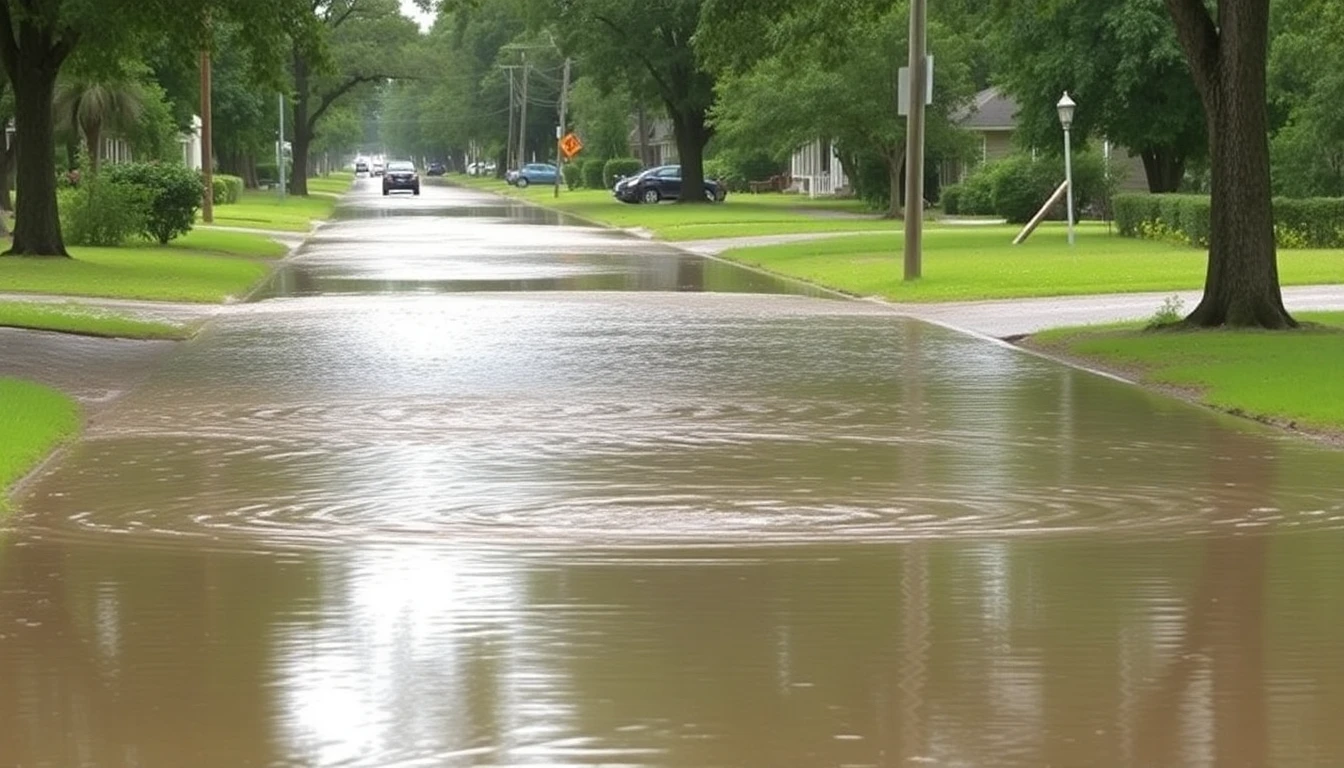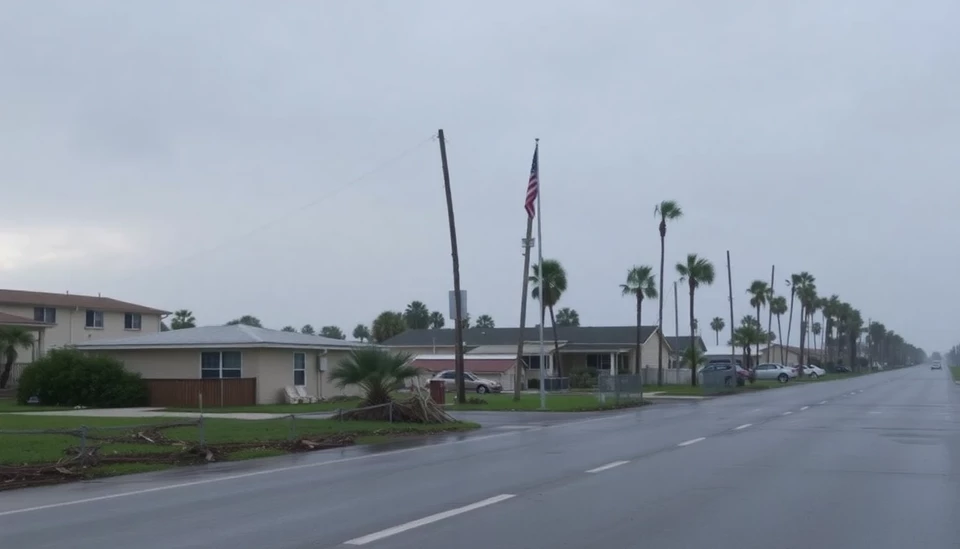
As Hurricane Milton swept through the southeastern United States, devastating communities with its powerful winds and torrential rains, the aftermath has revealed a dark underbelly that has left residents grappling with a critical public health crisis. Floodwaters, which inundated homes and streets, have become a conduit for a less visible threat: untreated sewage.
In the wake of the storm, thousands of gallons of sewage overflowed from treatment facilities which were unable to cope with the excessive rain, leading to widespread contamination of water systems. This occurrence is not just an environmental concern; it poses immediate health risks to the population in the affected areas, raising alarms among public health officials.
Emergency management agencies have reported that the flooding has caused significant damage to sewage treatment plants, which typically process and manage wastewater safely. However, due to the relentless nature of Hurricane Milton, many facilities failed to operate properly, resulting in untreated sewage spilling into streets and backyards, further complicating rescue and recovery efforts.
Local governments are now racing against time to monitor and mitigate the risks associated with these sewage spills. Authorities are warning residents against contact with floodwaters, emphasizing the potential for serious health issues, including gastrointestinal diseases and infections that could arise from exposure to contaminated water. In response to the crisis, numerous public health advisories have been issued, advising individuals to avoid drinking or swimming in the waters until extensive testing confirms safety.
Moreover, the economic implications of this sewage crisis are profound. Many businesses affected by the flooding are struggling to reopen, grappling not only with physical damage but also with the fear of health liabilities arising from these contaminated conditions. Residents face uncertainty as well, with lingering concerns about water quality and safety until thorough clean-up and remediation efforts can be completed.
Environmental advocates have criticized the lack of preparedness and infrastructure resilience shown by municipalities in the face of increasingly severe weather events like Hurricane Milton. The amalgamation of heavy rainfall, aging pipelines, and inadequate waste management systems has proven disastrous, particularly for low-income neighborhoods that are often disproportionately affected by such crises. The fallout from Hurricane Milton is sparking renewed discussions about the need for significant investments in infrastructure to prevent similar incidents in the future and to safeguard public health.
As communities begin to recover from the physical impacts of Hurricane Milton, the hazardous consequences of the storm linger, reminding us of the vital importance of infrastructure and preventative measures in the face of climate change and severe weather events. The struggle to combat sewage contamination will continue as residents seek to restore their lives and reclaim their neighborhoods from the effects of this devastating natural disaster.
The long road to recovery will require not only clean-up efforts but also a commitment to reform and investment to ensure that such a catastrophe does not happen again. The attention garnered by this crisis also highlights the urgent need for comprehensive planning and upgrades to sewage treatment systems that can withstand increasingly severe weather, ensuring cleaner and safer communities for the future.
In summary, Hurricane Milton has not only wreaked havoc on the physical landscape but has also exposed the fragility of the critical infrastructure that supports public health, illuminating a path forward for resilience and preparedness in the face of growing environmental challenges.
#HurricaneMilton #EnvironmentalCrisis #PublicHealth #SewageOverflow #Flooding #Infrastructure #ClimateChange #ResilientCommunities
Author: Sophie Bennett




